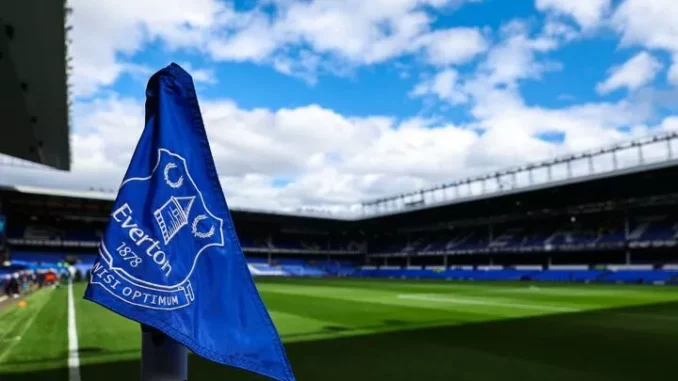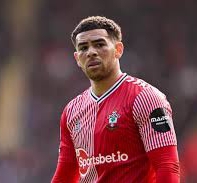
Everton fans, brace yourselves for some tough news. The much-anticipated takeover by The Friedkin Group (TFG) has fallen through, leaving the club in a precarious position. Despite the club’s attempts to paint a positive picture, the reality is far grimmer. Let’s break down what happened and what the future holds for Everton.
The Collapse of the Friedkin Group Takeover
The Texas-based Friedkin Group, led by American billionaire Dan Friedkin, emerged as Everton’s potential savior last month. The group was interested in adding Everton to its portfolio, which includes AS Roma in Italy and Cannes in France. The takeover seemed like a promising solution to Everton’s financial woes, including the nearly £400 million in losses incurred between 2019 and 2023.

However, after a period of due diligence, TFG decided to pull out. Rumors of the deal’s collapse began circulating early in the week, but it was officially confirmed on Friday morning. The official statement cited “good faith” discussions and the need to explore “alternative options,” but the underlying issues were far more complex.
The Financial Quagmire
Everton’s financial situation is dire. The club’s new stadium at Bramley-Moore Dock and accumulated losses have been funded by debt. The largest portion of this debt, approximately £450 million, is owed to owner Farhad Moshiri. Additional debts are owed to external lenders including Rights and Media Funding (RMF), 777 Partners, and MSP Sports Capital, totaling nearly £600 million.
TFG had already paid off MSP’s loan of £158 million and taken a mortgage over Everton Stadium Development Limited, the subsidiary owning the new ground. However, TFG also lent Moshiri £200 million to cover ongoing construction costs, securing the loan against Blue Heaven Holdings, Moshiri’s ownership vehicle. This meant that if Moshiri couldn’t repay, TFG would end up with the stadium and a majority stake in the club.
The 777 Partners Complication
The primary reason for TFG’s withdrawal was the unresolved debt owed to 777 Partners. This debt, totaling £200 million, is complicated by its association with A-Cap, a New York-based insurance group. A-Cap has taken control of 777’s assets due to financial difficulties and is currently embroiled in a legal battle with Leadenhall Capital Partners over accusations of fraud and “double-pledging” assets. This legal uncertainty made the takeover too risky for TFG.
What’s Next for Everton?
Everton faces a challenging road ahead. The club’s financial struggles persist, with expensive loans and a partially completed stadium. There is some hope, with anticipated transfers such as Amadou Onana’s sale to Aston Villa providing temporary financial relief. However, these funds are insufficient to resolve the deeper financial issues.
The search for a new owner has already restarted, with potential suitors like Vatche Manoukian and Crystal Palace co-owner John Textor showing interest. However, any potential buyer will need to navigate the complex financial and legal landscape that deterred TFG.
Conclusion
Everton’s situation remains precarious, with significant debts and ongoing financial challenges. The collapse of the Friedkin Group takeover underscores the difficulties in finding a new owner willing to take on these risks. As the club seeks new investment, fans can only hope for a resolution that secures Everton’s future and returns focus to the game on the pitch.
Source: NY Times Athletic




Be the first to comment